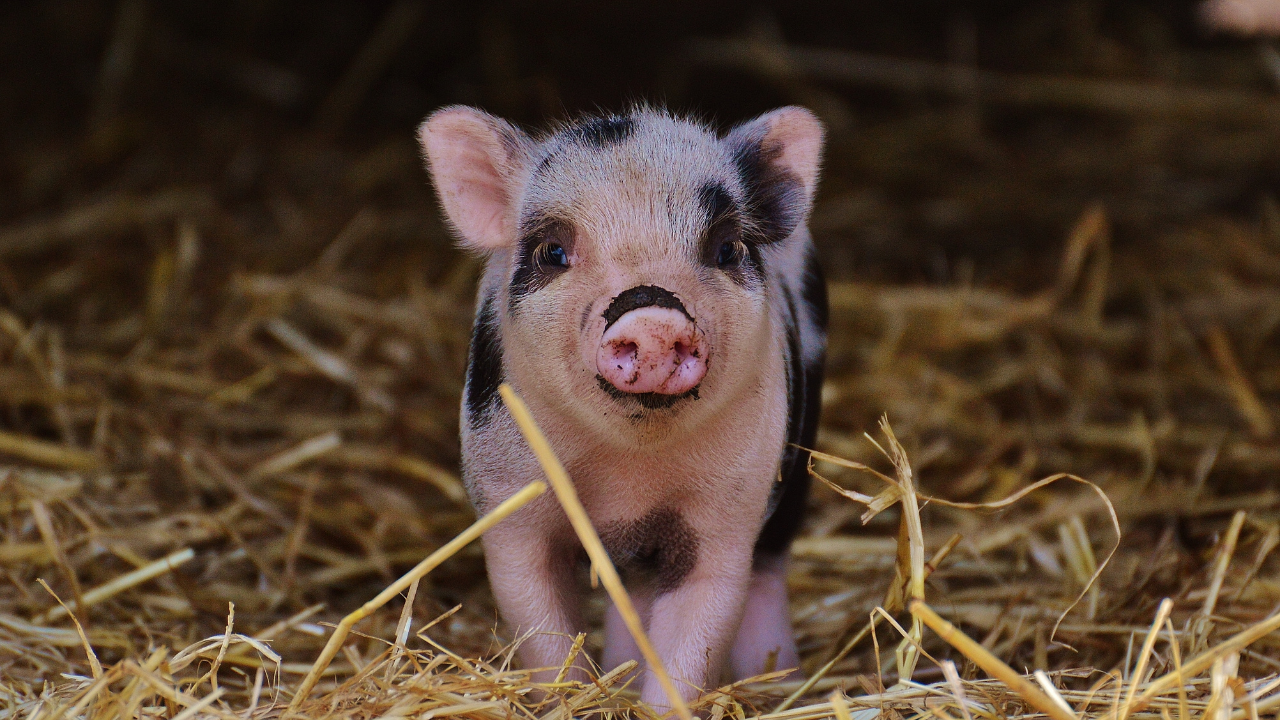Update to zinc-free diet research
3rd August 2021
Continued diet research in preparation for next year’s zinc ban has resulted in a piglet nutrition programme being extensively tested under commercial conditions by Primary Diets.

The Ultra XP diets are the culmination of more than five years’ technical development to find improved performance without comprising pig health, despite zinc being removed. Primary Diets – which has collaborated with its AB Neo sister companies to share trial results, knowledge and best practice – is confident that, alongside careful piglet management, the industry should be in a good place when the ban is enforced.
Commenting on the progress technical manager Dr Kayleigh Almond said: “We’re obviously delighted to be leading the finding a credible feeding programme that has no detrimental impact on piglet performance. However, we are being realistic, and we recognise that differences between farms in terms of health status, facilities and management practices means that every farm will respond differently. Our focus now is to continue our development, but also to start talking individually to our customers and their vets and sharing the knowledge and results to be able to advise them about their transition to zinc-free diets in plenty of time.”
To demonstrate the progress made, Dr Almond added that trials on commercial units today are reporting an average of 8 per cent better ADG and this performance has been shown to continue through the pig’s lifetime. This is compared to trials at the University of Leeds in 2016, where ADG was consistently worse by 23 per cent when pharmacological levels of zinc were removed.
The latest series of commercial trials show:
- For the first 14 days post- weaning, no-zinc pigs grew 18g/day more and consumed 29g/day more than those supplemented with high level zinc
- This continued, with no-zinc pigs ending the trial 2.96kg heavier at 63 days post-weaning
- Due to the increased gain, margin and profit were significantly better in no-zinc fed pigs
- There were no measured differences in pig health parameters
- The response to zinc was consistent in two different genetic types.
“Whilst the nursery phase is a small contribution to overall zinc usage, its requirement is commonplace because of a combination of factors; immature immune systems, a decline in maternal passive immunity, and stress as piglets enter a new pathogen environment in the nursery,” Dr Almond explains. “The emphasis of our research has always been how we can offer extra protection nutritionally to piglets and our focus has been accelerating gut maturation as well as meeting the nutrient requirements of weaned pigs under disease challenge. Getting the gut health and function right is setting the scene for the pig’s entire life.”
